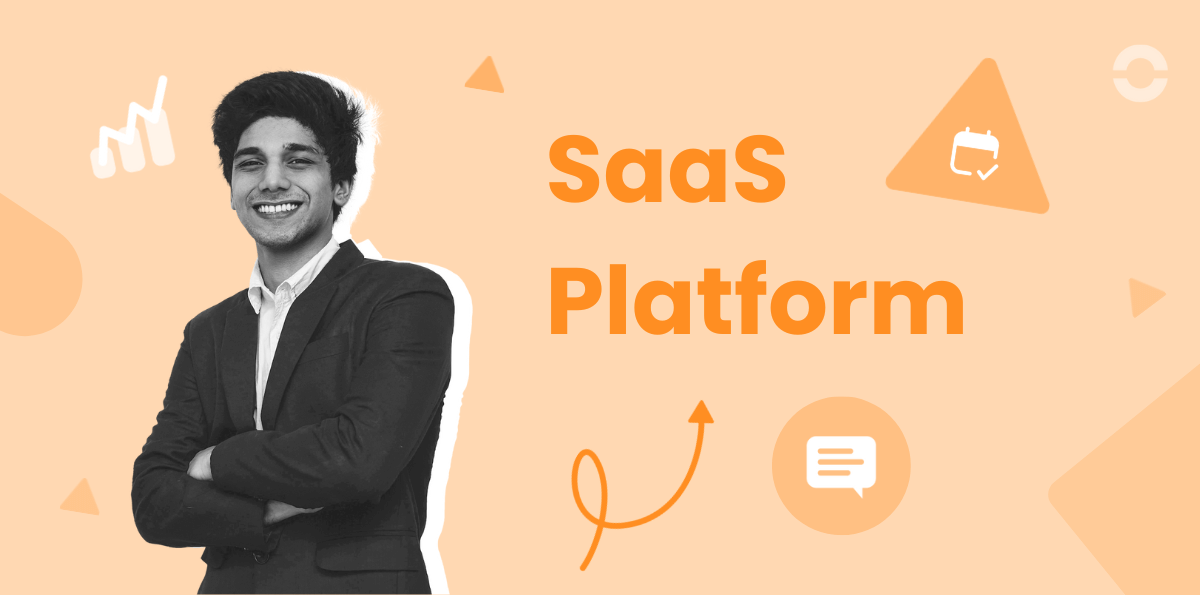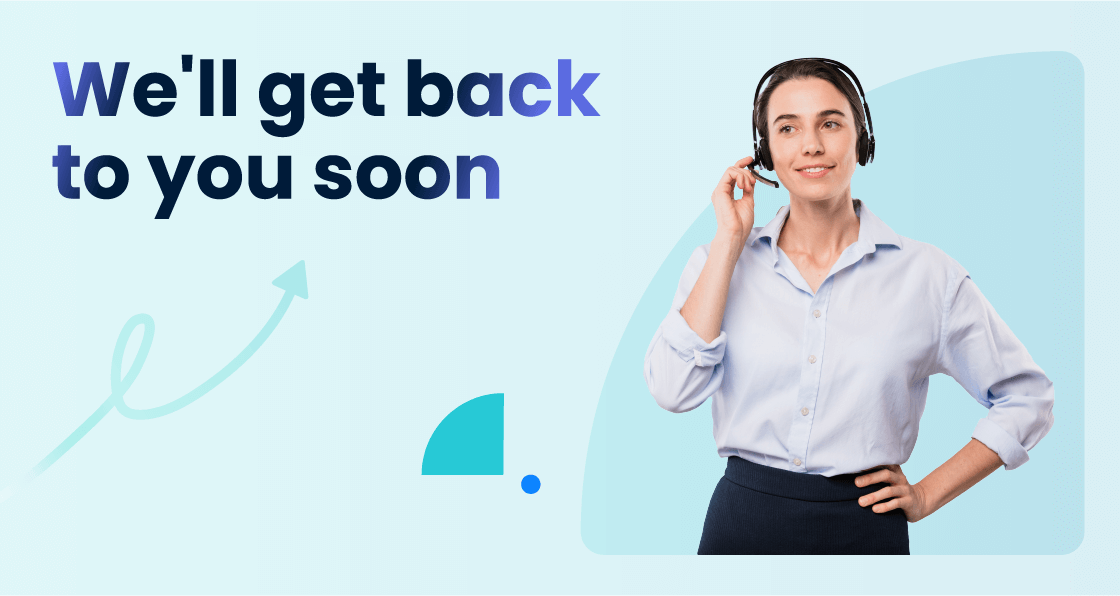Summary
A SaaS platform is a cloud-based software distribution model in which users can access and use business tools over the Internet.
SaaS (Software as a Service) platforms have revolutionised the way businesses understand and use business software. These cloud-based solutions enable businesses of all sizes to take full advantage of applications and services without the need to install or maintain costly infrastructure.
This type of software model has become a popular alternative for businesses of all sizes as they offer a variety of functions and services tailored to the needs of each sector and each type of business. From business management and team collaboration tools to digital marketing, omnichannel communication and human resources solutions, SaaS solutions work with just an Internet connection. In addition to providing flexibility and scalability, they also stand out for their automatic updates, data security and the possibility of accessing services from any location and device.
In this article, we will explore the concept of SaaS platforms, their benefits for businesses and how they are transforming the business world.
SaaS definition
SaaS, or Software as a Service, is a software model that offers different functionalities to users through a secure Internet connection. While the term SaaS refers to a software distribution model in which an application or service is offered to users via the cloud, a SaaS platform refers to the broader set of services and tools offered through the cloud. The latter generally consists of a variety of integrated applications and services that allow users to utilise different functionalities and solutions, all under a single unified platform.
These platforms offer a wider range of services, such as business management, team collaboration, marketing and human resources, among others, in order to provide more complete solutions for business needs. Users can access and use the software via the web, without having to install or manage it themselves on their own servers.
On a SaaS platform, the service provider is responsible for maintaining and updating the software, as well as managing the servers and the necessary infrastructure. Users just need to have access to the Internet and pay a subscription to use the software through their web browser. Some examples of popular SaaS platforms include services such as Microsoft Office 365, Google Workspace (formerly G Suite) and Salesforce.
What does cloud-based SaaS mean?
The term "cloud-based SaaS" refers to the software delivery model known as "Software as a Service" (SaaS) that is provided through the cloud.
In the SaaS model, the software is hosted and run on remote servers, and users can access it over the Internet. Instead of installing and running the software locally on their own devices, users can use it from anywhere, anytime, using a web browser.
The term "cloud" refers to the remote server and storage infrastructure that allows applications and data to be hosted online. SaaS providers such as Ringover's VoIP telephony solution are responsible for maintaining and managing this cloud-based infrastructure, allowing users to access and use the software efficiently without worrying about managing the supporting servers and infrastructure.
What services does SaaS offer?
SaaS (Software as a Service) offers a wide variety of services for businesses. In general, these services consist of the provision of digital software tools and other services through the Internet, providing immediate access to users without having to worry about the configuration and maintenance of the infrastructure.
Some of the most common services offered by SaaS services are the following:
- Collaboration and productivity: Most SaaS services offer collaboration and productivity applications such as email, calendars, office tools and project management, among others. These services allow users to manage tasks and teams remotely and work together efficiently no matter where they are.
- Business resource management: SaaS offers business management solutions including accounting software, human resource management, supply chain management, inventory management, resource planning and other related services.
- Cloud-based services: These services allow users to store and manage large amounts of data more easily and economically compared to traditional physical servers.
In short, a SaaS model offers a wide variety of services ranging from collaboration and productivity applications to business management solutions and cloud-based services.
Advantages of using a SaaS platform
Use of a SaaS platform offers several advantages for both businesses and end users. Some of these benefits are:
- Ease of use: SaaS platforms are designed to be accessible via a web browser. No additional software installation or configuration is required on users' devices, simplifying access and use.
- Access from anywhere: Being cloud-based, SaaS platforms allow users to access their applications and data from anywhere with an Internet connection. This provides employees with flexibility and mobility, allowing them to work from home, while traveling or from different locations.
- Scalability and flexibility: SaaS platforms can be easily adjusted to meet an organization's growth needs. As the business grows, you can increase or decrease the number of users and resources as needed. In addition, users can add or remove applications and functionalities according to changing business requirements. A good example of a flexible SaaS platform is Ringover, which allows you to create or delete phone lines and virtual phone numbers almost immediately.
- Maintenance: With SaaS, service providers are responsible for infrastructure maintenance and software updates. This spares businesses the burden of having to perform these processes themselves, which saves time and resources.
- Lower initial cost: Businesses no longer need to buy and maintain extremely costly servers or infrastructure. Instead, businesses can purchase a recurring subscription or usage-based service, allowing them to reduce upfront costs and pay only for the resources they really need.
- Constant updates: SaaS platforms usually receive regular updates and upgrades from service providers. Users benefit from having access to the latest versions of software without having to worry about performing updates themselves.
In short, these advantages make SaaS platforms an attractive option for many organizations.
What type of cloud computing is a SaaS service?
A SaaS service is a type of cloud computing that allows users to connect to and use cloud-based applications over the Internet. In this model, SaaS providers host and maintain the supporting application infrastructure, which means that users do not need to worry about server management or software maintenance. Common examples of SaaS services are email, calendars and office tools such as Microsoft Office 365.
Ringover, the SaaS platform for your business
Ringover is considered one of the best SaaS platforms for businesses due to its comprehensive communication solutions and easy-to-use features. This solution is designed to simplify telephony for all types of businesses, enabling them to optimise customer relationships and improve productivity through its high performance cloud contact centre.
One of the main advantages of Ringover is its seamless integration with various CRM and helpdesk systems such as Salesforce, Zoho, HubSpot, Pipedrive, Zendesk and more. This integration allows users to access telephone features directly from their preferred customer management tools, such as one-click calling, automatic retrieval of customer data during incoming calls, and automatic call history logging.
Setting up Ringover's cloud-based phone system is quick and easy and requires no technical expertise. Users can customise their virtual switchboard according to their business's specific needs, such as selecting phone numbers, adding employees, creating personalised messages and even choosing their preferred on-hold music.
Ringover also offers unlimited calls to 110 destinations worldwide, with transparent and competitive pricing. They have direct connections with major telecommunications companies such as Colt, Verizon, Bics and Orange.
In addition, Ringover provides virtual phone numbers in 65 countries, allowing businesses to easily establish an international phone support team. Activating a virtual phone number requires setting up a welcome message and assigning employees to handle incoming calls.
If you still don't know what cloud-based communication is and how this type of SaaS solution can benefit your company, start your free trial now and discover all that a platform like Ringover can do for you and your business.


